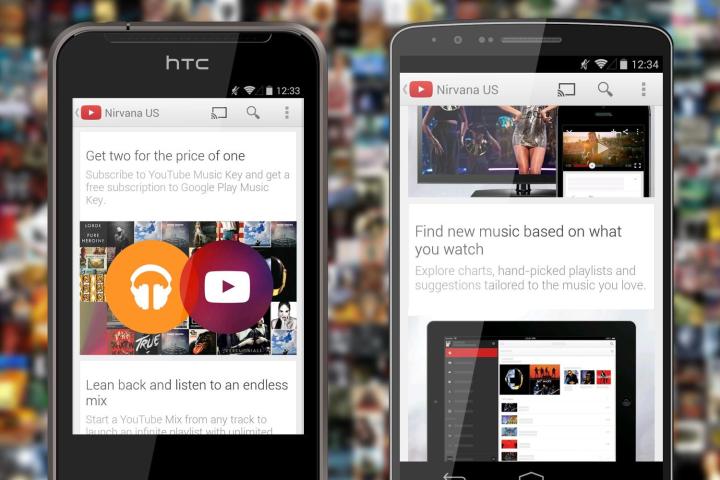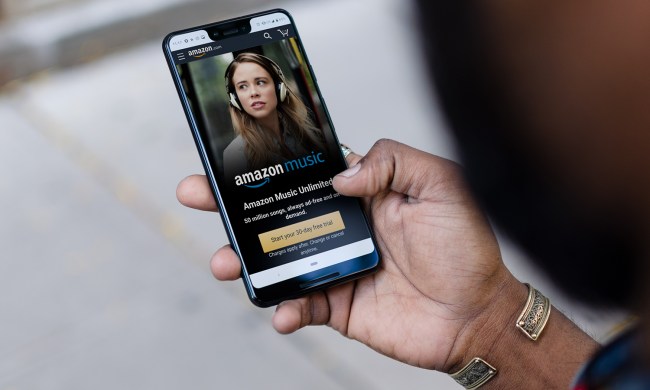
Word on the wire is that the Google-owned company has finally succeeded in hammering out a deal with Merlin – a rights agency that represents thousands of independent record labels – that could see its new service hit the Web “within weeks.” The streaming site has reportedly already signed deals with Universal, Sony, and Warner.
People familiar with the situation told the Financial Times the deal with Merlin was sealed in just the last few days following months of difficult negotiations between the two sides. Furthermore, after apparently attempting to drive a hard bargain, YouTube reportedly relented, shifting to a position that was “substantially more favorable for Merlin” in order to finally secure a deal.
YouTube’s paid-for music streaming service will let users listen to music and watch videos free of ads.
Over the summer it was suggested the new service could be called YouTube Music Key and cost $10 a month. Offline playback of videos and songs could also form part of the service, sources said.
With Merlin on board, YouTube will be in a position to launch with a decent selection of ad-free content. In addition to around 20 million music tracks, the service is also likely to offer extra content like concert footage, covers and remixes, together with complete albums and artist discographies.
It’s also possible YouTube will try to tempt music fans to go all in with the new ad-free service by offering a free trial month on launch.
Of course, with so many music services already well established, YouTube will have its work cut out to make an impact. Spotify, one of the leaders in the music streaming space, said on Tuesday that since May the number of people who use its service at least once a month had increased by 25 percent to 50 million, with 12.5 million of those paying a monthly subscription fee.
Fortunately for YouTube, it already has a global user base of around a billion people, so if it can convert just a small percentage of these into paying customers, the success of its service will be assured.


